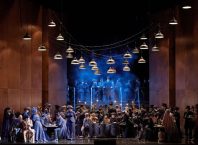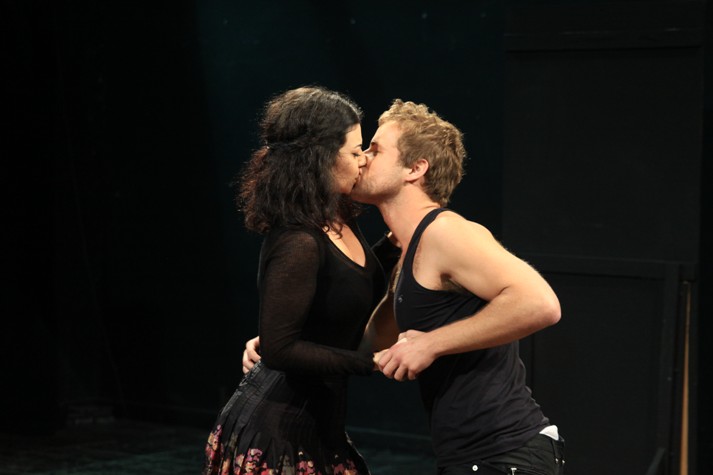
Beit Lessin will premiere Spring Awakening, a musical directed by Gilad Kimhi and starring Ninet Tayeb, on April 22. The Hebrew version of the award winning musical, with music by Duncan Sheik, book and lyrics by Steven Sater and translated by Daniel Efrat, will have a run of only 50 performances. Exploring teenage sexuality in a repressive society, the musical is based on the German play of the same title, written by Frank Wedekind in 1891, which was banned from the stage for almost a century for its explicit treatment of sex, masturbation, abortion, violence and suicide.
The musical follows the relationships of the handsome, popular and intelligent Melchior, whose logic can’t save him from the anguish of love, or the backlash of society, his friend Moritz, whose inability to fit in leads to a bitter end, and Wendla, whose love for Melchior is doomed by her extreme innocence and ignorance.
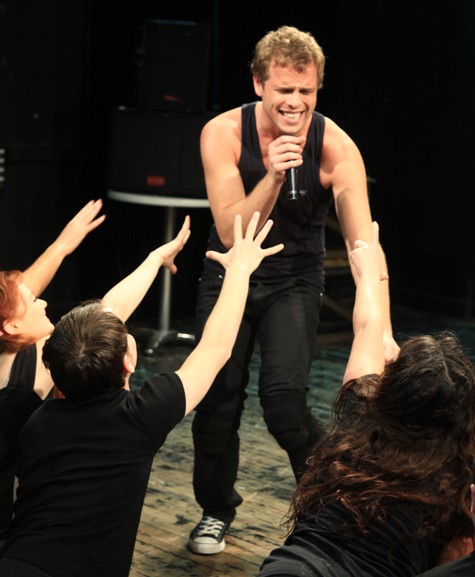
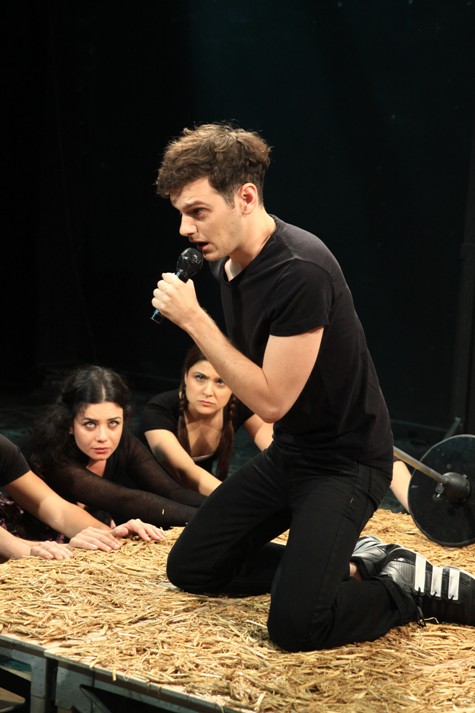
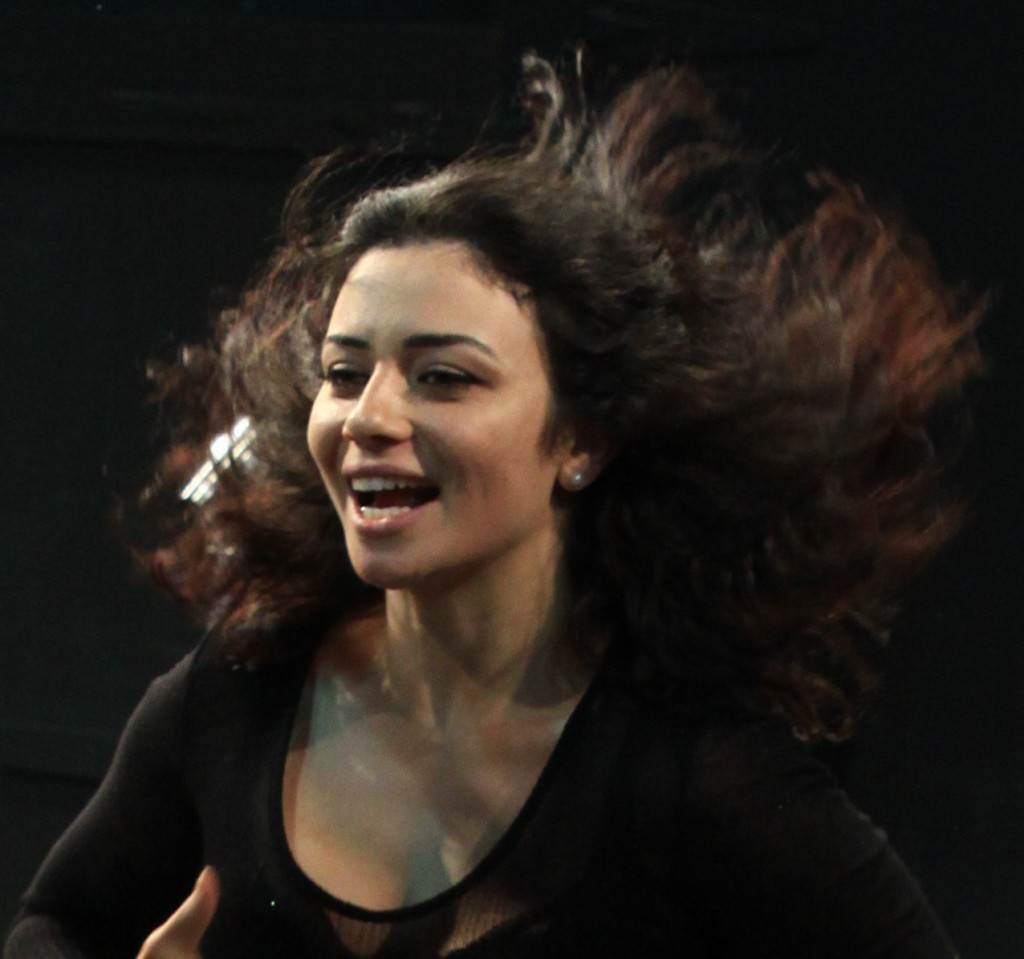
Tayeb, the first winner of Kochav Nolad (the Israeli version of Pop Idol) is not only a popular singer and actress but a role model for the many teenagers who aspire to “be like Ninet”. At a presentation of the musical, which took place in the rehearsal room at the Beit Lessin Theatre, she was mobbed by the media and graciously responded to all questions.
Of her experience in performing the role of Wendla, she told Midnight East, “During the first days of rehearsal I couldn’t stop crying. I felt Wendla in my entire body. I told Gilad I don’t know if I can do this. This role is in my heart. I am so happy with my decision to do it; the process itself has been an intense experience.” Regarding the subject matter of the musical, Tayeb says, “It is a play everyone can identify with, not only teenagers. It’s important to face the truth, even if it isn’t always pretty.”
Daniel Efrat, a member of Beit Lessin’s ensemble of young actors performing in Spring Awakening, translated the musical into Hebrew. Efrat says that Spring Awakening is unusual in its structure. “The songs stop the action,” says Efrat, “rather than advance the plot, as they typically do in musicals. In most musicals there is usually a song or two that stops the action, but the rest serve to advance the plot as the characters sing the dialogue. Here, when a character begins to sing, the action stops, and the style changes. The songs take us into the inner world of the characters, and the language becomes more poetic, abstract and full of images, creating a unique atmosphere.” This stylistic shift is something that Efrat expressed in the translation as well – the dialogue is in contemporary Hebrew, employing slang and everyday speech, while the words of the songs are in a more poetic, literary Hebrew.
The first performance will take place on April 22, at 20:30, with additional performances thru April 28, in the Beit Lessin Theatre, 101 Dizengoff Street, Tel Aviv. Tickets: 03-7255300
More photos from the presentation on Midnight East’s flickr page.
AYELET DEKEL





